Archives
Medical Preparedness: Treating a Wound
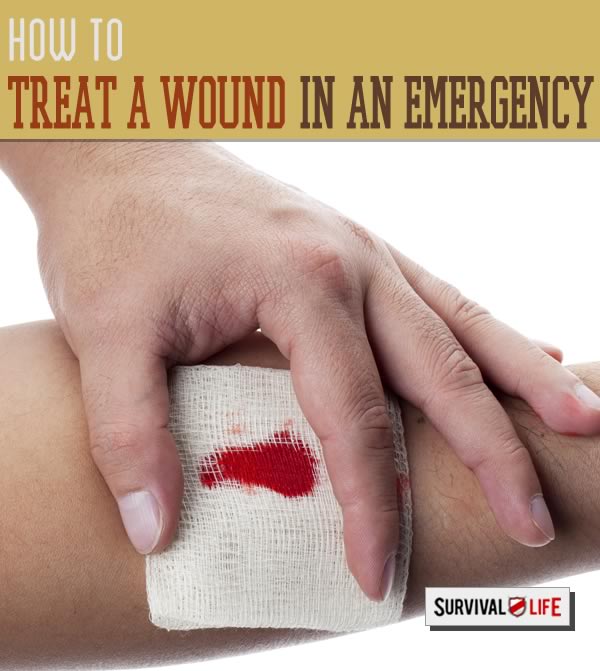
We all know that true preparedness is being prepared for any situation. While 911 and the ambulance are just a phone call away, there may come a time when these services aren't available. Then what will you do? This is why medical preparedness is so important, even though it's often overlooked.
To face an emergency situation without fear, you have to equip yourself with supplies beforehand. Practicing medical preparedness by stocking up on supplies in case a family member needs medical treatment is the responsible and smart thing to do.
Medical Preparedness: Treating a Wound
You will also need to learn the proper procedures to treat wounds, broken bones, and other ailments in case you or someone in your family is faced with such an injury.
Even minor injuries can become much more serious if not properly treated. Medical preparedness is one of the most important things you can learn to ensure your own and your family's survival.
For the full post click here.
Medical Supplies, Part 4: Open/Bleeding Wounds
The injury that most non-professionals are most fearful of is the open, often bleeding, wound. With the right supplies, however, even heavy bleeding can be staunched successfully. A discussion of the procedure for stopping hemorrhage in a wound can be found in some of our other articles; this article will talk specifically about items to stockpile in your medical storage.
Don’t downplay the importance of taking first responder classes. Even though they teach you how to stabilize and transport a patient rather than how to deal with the issue from beginning to end (as would be necessary in a survival setting), they are highly valuable. Many are offered regularly by your local municipality. Consider volunteering at your local ER to desensitize yourself to bleeding and fractures. There’s a paralysis of sorts that affects people who aren’t used to seeing bleeding or broken bones; with many wounds, precious time (and blood) could be lost if action isn’t taken quickly.
Supplies To Stop Bleeding
Besides knowledge, the well-prepared medic will have:
Gauze: Bulk non-sterile gauze (some of our kits carry bricks of 200 at a time) is valuable as a medical storage item to apply pressure to bleeding areas. Even one hemorrhagic wound could require you to use all the dressings that you had accumulated over years of stockpiling.
Dressings come in squares of varying sizes, roller bandages to wrap around the area, and highly-absorbent pads of various sizes (not technically “gauze”). Carry a variety to increase the versatility of use. Although I recommend storing tampons, it is more for its traditional use than to treat gunshot injuries, which vary in size (especially exit wounds). A tampon would not always be the right size for the cavity created by the missile; they are best used for nose bleeds combined with compression. Maxi-Pads are excellent items for your medical storage, however.
via Medical Supplies, Part 4: Open/Bleeding Wounds | Doom and Bloom (TM).
When basic medical treatment is carried out immediately, the injury won’t lead to a more serious condition. Infection can be reduced and pain can be managed to a certain degree. The patient can be relieved and comforted and eventually heal — but only if you take medical preparedness seriously, and begin to prepare now.
Medical preparedness is extremely important not only because you can help others in an emergency, but because you may need these supplies yourself at some point.
If you're committed to medical preparedness and have stored up the proper supplies, you can treat almost any ailment or injury. For example, a deep open wound can be cleaned and sutured rapidly because of the instant availability of supplies.
Never underestimate the idea of medical preparedness because it is through this behavior that many lives can be saved. Medical treatment may be the job of a professional health worker, but in the case of catastrophic situation, there’s no one to rely on but yourself.
What would you add to your supplies cache? Let us know in the comments.
How & When To Use A Tourniquet
How To Treat Everyday First Aid Issues
Home Remedies For Preppers | SHTF First Aid
-

 Paracord Projects11 months ago
Paracord Projects11 months agoParacord Projects | 36 Cool Paracord Ideas For Your Paracord Survival Projects
-

 Paracord Projects1 year ago
Paracord Projects1 year agoHow To Make Paracord Survival Bracelets | DIY Survival Prepping
-

 Medical Care1 year ago
Medical Care1 year ago21 Home Remedies For Toothache Pain Relief
-

 Knife Laws12 months ago
Knife Laws12 months agoAre Switchblades Legal? Knife Laws By State
-

 Do It Yourself1 year ago
Do It Yourself1 year agoSurvival DIY: How To Melt Aluminum Cans For Casting

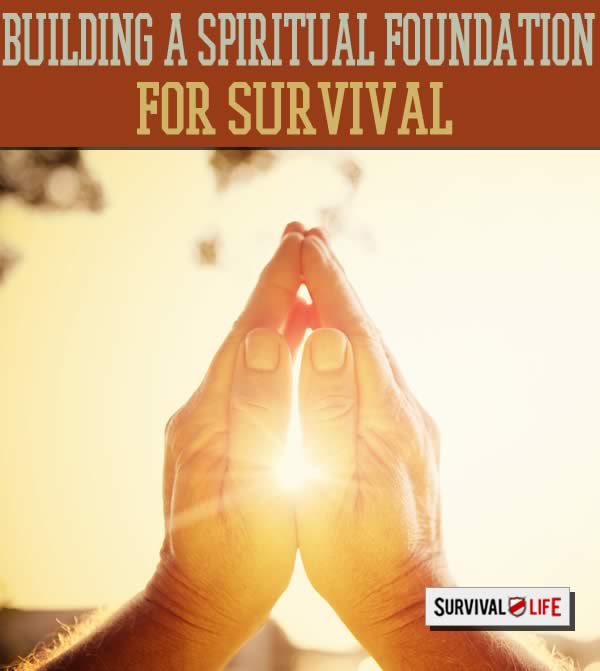



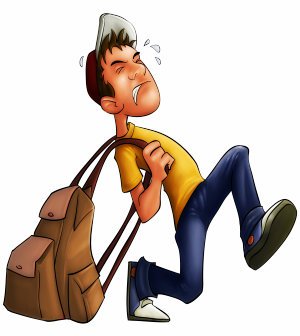
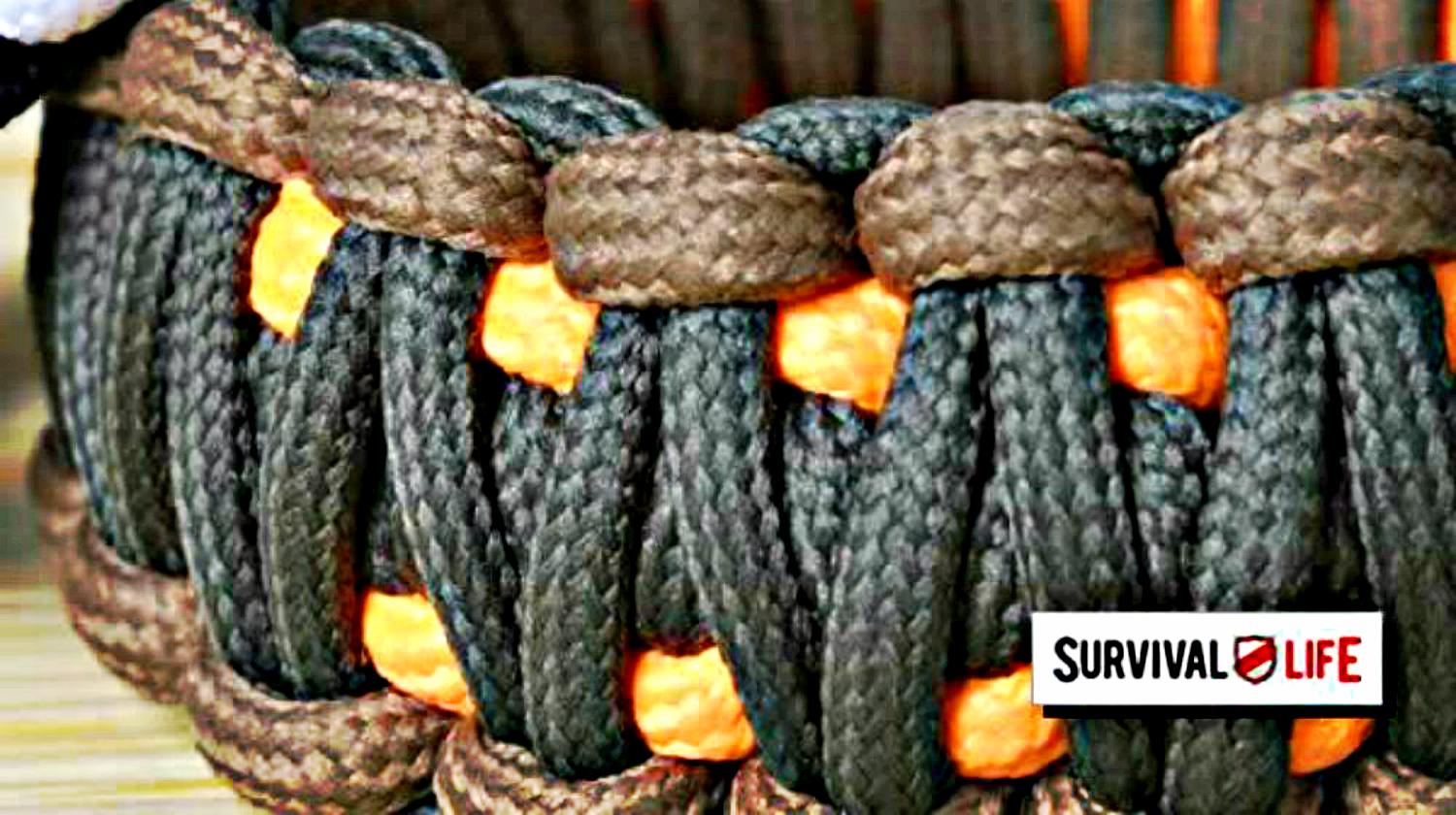
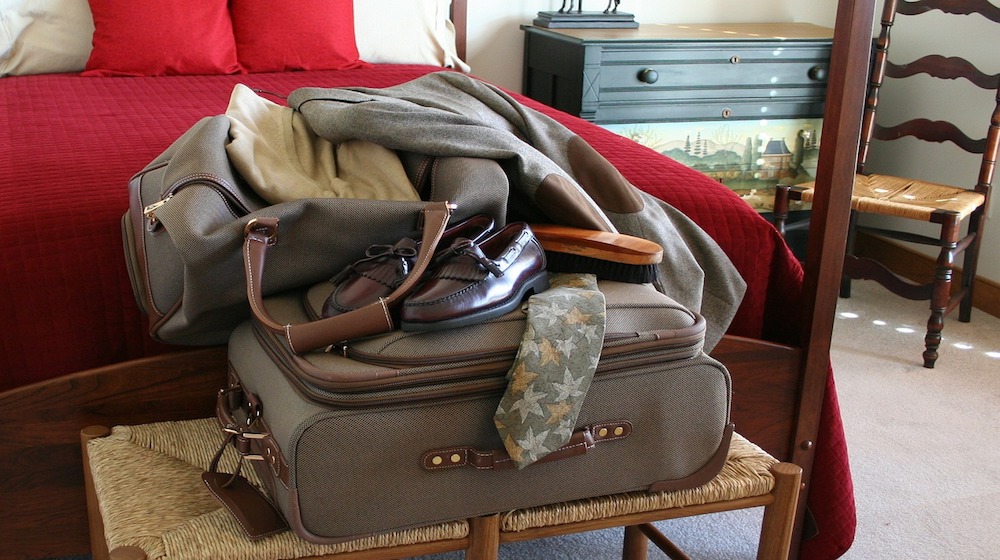

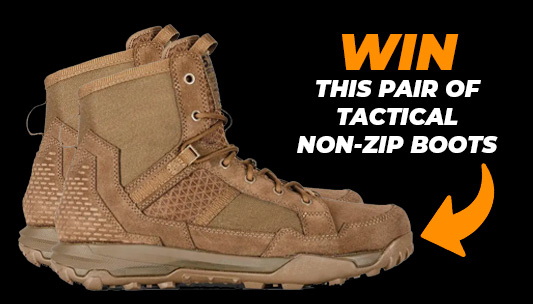
Pingback: Medical Preparedness: Treating a Wound | Patriot Powered News
Pingback: Medical Preparedness: Treating a Wound » Survival Gear & Food Storage
Pingback: Showcases the Best Posts of Feb 2015 | Homesteader Survivalist
Pingback: How to Treat An Open Wound | Survival Life | Blog
Pingback: 3 Effective And Efficient Methods to Control Bleeding | SL
Pingback: Steps to Survive Anything | Basic Survival Knowledge
Pingback: 8 Steps to Survive Anything | Primitive technology
Pingback: Home Remedies For Toothache Relief | Survival Life
Pingback: 21 Home Remedies For Toothache Pain Relief
Pingback: 21 Home Remedies For Toothache Pain Relief | BuzzBubbleDaily
Pingback: Medicinal Essential Oils Your Medical Kit Should Always Have
Pingback: 21 Home Remedies For Toothache Pain Relief